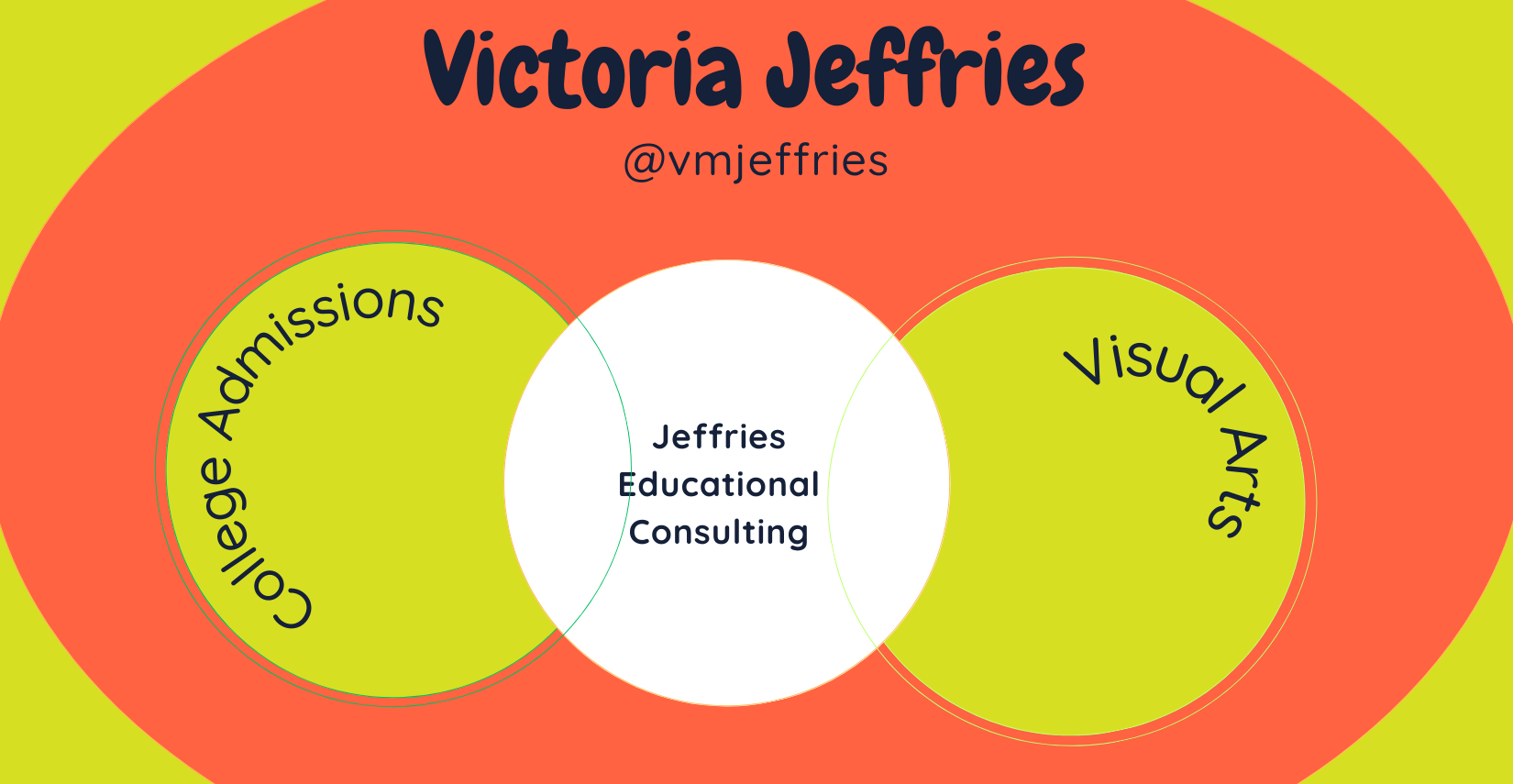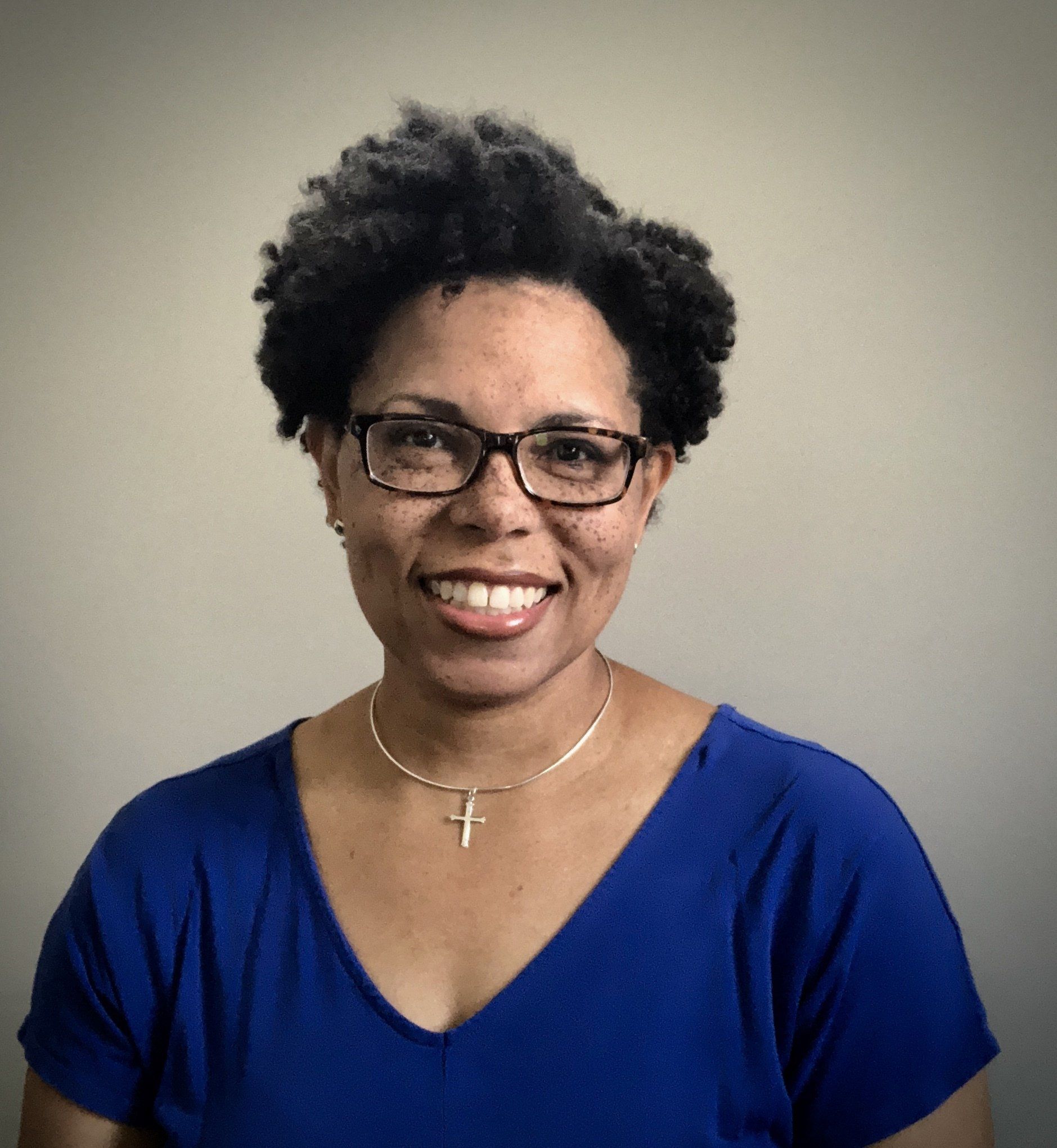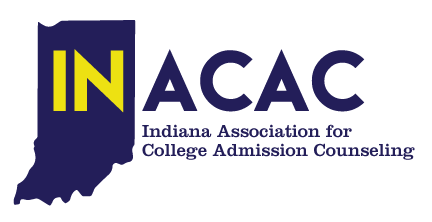By Bill Sholar
•
October 28, 2016
Welcome to the new Blog for Jeffries Educational Consulting! Before I begin posting information about college readiness, college admission, financial aid, and scholarships, Please allow me to introduce myself. What is Jeffries Educational Consulting? My company provides comprehensive college-counseling services to families with college bound students. This means that I work with students and families during many stages along their journey to college. These stages can include simply assessing their academic progress or encompass college search, finding summer enrichment programs, application guidance, essay reviewing, and financial aid and scholarship assistance. My overall goal is use my knowledge of higher education admission and professional network to add value and ease to my clients’ college planning and admission process. Why did I form Jeffries Educational Consulting? The idea for my company was born many years ago from my own college counseling experience. Having relocated from Germany to Tennessee in the nineties, there was little attention dedicated to finding my "best fit" college. Over the years, I have deeply developed a passion for understanding what "best fit" means. This started while making decisions toward completing my own education and has continued through every individual, organization, university, and school that I have assisted. As an independent educational consultant, I recognize that no two students will have the same educational needs nor will they follow identical paths toward their goals. The ease that I aspire to provide is being able to answer questions, find information, and clarify plans or timelines that can prove to be overwhelming to families while they decide on the best location for their student to continue their education. What is the difference between being an independent educational consultant and a school counselor? There are many of my services that mirror those of a school counselor. The most prominent difference is that while I provide guidance toward career goals, academic course selection, college exploration and more; I do not have an affiliation with a specific high school or university. This means that I do not have the daily schedule constraints of a school counselor or the non-college counseling responsibilities that they face. The most valued aspect is that I work with a much smaller population of clients. Having autonomy over my client base enables me to be available for their specific needs and concerns. In other words, I can address each client as a true individual and dedicate amount of appropriate time and attention. How have I developed myself professionally? By not having the daily responsibilities of a school counselor, I am able to visit colleges in a variety of regions, attend countless counselor focused functions, and participate in higher education and college admission workshops/ conferences. This liberty allows me to be current on college admissions practices, higher education requirements, financial aid trends, and knowledgeable about student opportunities. I simply have more time to personally gather the information that is important in the college admission realm. This results in a better understanding of colleges, programs, and scholarship opportunities. Through my professional affiliations with IECA and NACAC I am afforded opportunities to attend webinars and specialized workshops and/or school visitations. Who do I work with? There is not a set profile for my clients. Families and students from a wade variety of backgrounds, levels of academic achievement, and aspirations need professional input on their path to high education. When considering a potential client, after getting a thorough understanding of their needs, I honestly consider if I can meet those needs. My ability to help a family through their specific situation is how I determine if we will be able to work together. I am not too proud to recognize and admit when I am approached by a set of circumstances that fall outside of my abilities. My services span from middle school academic coaching through senior year comprehensive or specialized packages. Being an independent educational consultant means that I supplement any level of college counseling that a student receives at school. In closing, I entered this industry to help clarify the process of college admission, relieve some of the stresses associated with class selections and outcomes, and to add ease to families’ launching their student into high education. Now that you know more about me, sign up for my newsletter and keep an eye out for my future workshops.






